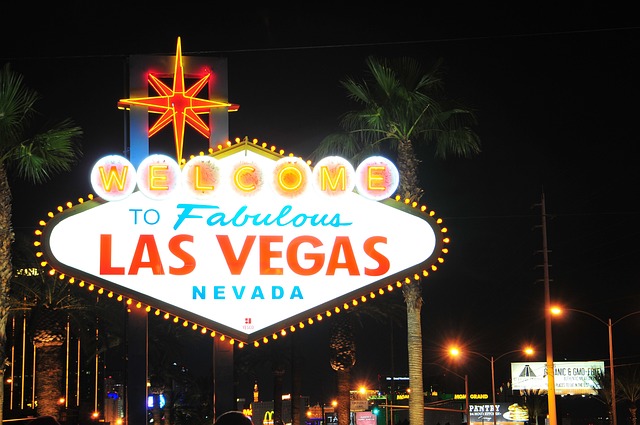Casino licensing is a complex political issue. It involves navigating regulations and assessing community impact.
Licensing Process
The casino licensing process is stringent. Governments set strict criteria. Applicants must meet financial and operational standards. This ensures only reputable operators receive licenses.
Political Influence
Political decisions shape licensing policies. Local governments control who gets a license. Politicians must balance economic benefits with social concerns. Their decisions can significantly impact communities.
Economic Benefits
Licensed casinos generate economic benefits. They create jobs and attract tourists. This influx of money revitalizes areas. Local businesses benefit from increased spending.
Community Impact
The presence of a casino can transform a community. Some residents welcome the economic boost. Others worry about rising costs and changing neighborhoods. Balancing these impacts is essential.
Ethical Concerns

The licensing process raises ethical concerns. There is potential for corruption. Transparency is crucial to maintain public trust. Clear guidelines and oversight help ensure fairness.
Case Study: Macau
Macau is a prime example. Its strict licensing process has shaped its casino industry. The government’s policies have driven economic growth. Macau’s model offers valuable lessons.
Zoning Laws
Zoning laws impact where casinos can operate. Local governments decide suitable locations. These decisions affect community dynamics. Proper zoning ensures balanced development.
Public Opinion
Public opinion on casinos is mixed. Some see them as economic engines. Others view them as sources of social problems. Politicians must consider these views. Engaging the community is vital.
Online Casinos
Online casinos like Vave face different licensing challenges. They must comply with digital regulations. Governments need new strategies for online platforms. Ensuring fair play and compliance is crucial.
Crime Rates
Casinos can impact local crime rates. Some studies suggest an increase in crime. Others find no significant change. Effective law enforcement is vital. Security measures can mitigate potential risks.
Health Impacts
Casinos affect public health. Gambling addiction has mental and physical health consequences. Local health services must be prepared. Preventative measures and support systems are essential.
Environmental Concerns

Casinos consume significant resources. This includes water, energy, and land. Sustainable practices are important. Green initiatives can reduce the environmental footprint.
Legal Framework
A robust legal framework is essential. It ensures casinos operate fairly. Regulations protect consumers and the community. Effective laws support sustainable development.
Lobbying Efforts
Casinos engage in lobbying to influence licensing laws. They seek favorable regulations and tax breaks. Lobbying efforts need transparency. Public trust depends on ethical practices.
Future Trends
The future of casino licensing is uncertain. Political, economic, and social factors will shape it. Ongoing dialogue between stakeholders is necessary for balanced development.
International Perspectives
Different countries handle casino licensing differently. Some have strict bans. Others allow significant freedom. International cooperation can set standards. Sharing best practices benefits the industry.
Conclusion
Casino licensing is a multifaceted political issue. It involves balancing economic benefits with community impacts. Transparent practices and effective governance ensure fair outcomes. The future of casino licensing depends on adapting to political and social dynamics. Understanding this complex relationship is essential for sustainable development.


